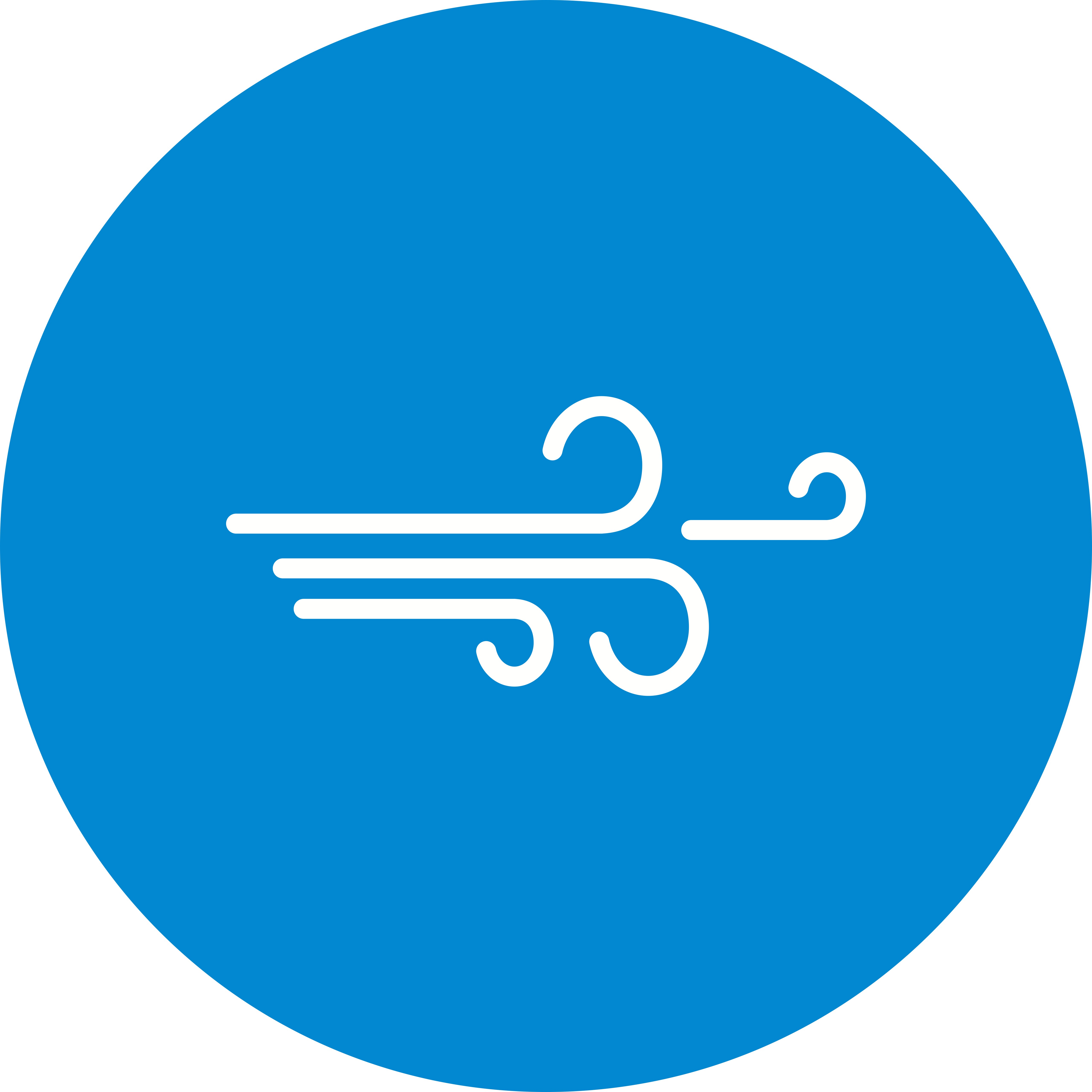I need to start making plans for when I am gone, much sooner than I thought, and I realized our finances are pretty opaque to my spouse. Our bank account is shared, but there are other sites that only I have access to.
The easiest solution would be to physically write down logins and what needs done, put it in an envelope, and tell my family where that envelope is. I’m not thrilled about that, because I would have to shred and rewrite it every time I update a password or a URL changes, and it’d be vulnerable to nosy guests.
Putting it in a shared Google Doc would be easiest for everyone. But then Google has that data. Even supposing I trust a cloud SaaS provider not to misuse the data (which is a big ‘if’) I do not trust them to never have a data breach.
Self-hosting seems like the next step, except I expect my home server to be the first thing to collapse once I’m gone. Filing login info with an estate attorney would still require frequent updates. Putting a document on a flash drive risks data loss, but is what I’m leaning towards.
Is there a solution I’m missing?
I use Vaultwarden with two user accounts but with an “organization” that contains passwords that we both might need access to at some point. They then get updated at the same time the password is updated since it’s where I store all passwords.
I would use Keepass. You would have a single file, opened with a single password, that you could share with them however you want.
Wishing you the best
You kinda only need the email credentials. Shouldn’t the rest be resettable from that point?
Is there anything that needs MFA that they won’t have?
Self hosted stuff will collapse without you. Bitwarden has a family plan with survivorship rules. You can also share passwords easily. Also, Google and Microsoft accounts also have survivorship rules you can set up.
I’ll just write down instructions etc on a libreoffice document and put it on the desktop or somewhere easily accessible
"In this envelope is the password for my keepass password vault. The entry for “In case of emergency” contains everything you should need to know in the event of my incapacitation or worse.
There are two USB keys with this vault on them, they are synchronized for redundancy. When I pass, get the password out of this envelope, plug in a USB key, open keypass and enter the password. "
You: Use the primary key as your password storage, keep the backup key plugged into a raspberry pi, run syncthing on both devices.
Have a spare test key set up, do a dry run with the family members you entrust to have this data.
Use something like Bitwarden, and record your master password and/or backup codes in an envelope.
every time I update a password
Use a password manager. KeePassXC stores stuff in a file, so it’s easier to synchronize. You can selfhost BitWarden too.
Syncthing is great to synchronize stuff across devices.
Cryptomator creates encrypted volumes (looks like a folder with gibberish inside) for you, which you can sync with whatever commercial cloud.
Putting a document on a flash drive
Data loss might come from bitrot, yes. Regardless, you should always have multiple backups.
Password manager, and give access (or recovery access) to your spouse and attorney now.
My mother died recently, and she was the breadwinner and was in charge of everything financial, because my surviving father is a toxic narcissist with zero financial literacy who refuses help from anyone. So I just have to say kudos to you for thinking about this difficult stuff. Your family will appreciate it more than you can imagine.
Other commenters have already given you solid advice, and I don’t have anything to add there, but more people need to have these difficult conversations and make real practical preparations, as soon as possible. Speaking from experience, not having clear guidance about where things are and what should be done with them, makes an already emotional situation even harder to deal with. Everybody dies, but in death you can make your family’s grieving process slightly easier by thinking ahead like this.
I’m sorry for whatever you’re going through, but props for thinking about other people while you go through it.
No solution I’ve found, but I’ve been working on this myself. As I see it, there are two situations, and four categories of data:
I. My wife survives me II. We both die, e.g. in a car
- Digital media
- Financial accounts
- Subscriptions
- Physical possessions
I’ve been thinking about getting an M-Disk writer for media, because ultimately, backing up to B2 is fine until I’m gone. Family members will need physical media for the photos and stuff.
For secrets, I’m planning using SSSS. Keys will be given to members on each side of my wife’s and my families. If we both die, they’ll have to get together, put their keys together, and decrypt the KeePass DB.
The online accounts are almost all financial; those are in a KeePass DB. My wife already has access to all of that through power is attorney, and if we both go, it’s SSSS for the family.
The third data category are accounts and services that will be to be stopped. I don’t subscribe to much, but the VPS provider and B2 will have to be terminated, and a document with instructions and with the credentials is in the SSSS archive.
The final category are assets: home, mortgage info, where and what the M-Disks are, a copy of the will that deals with all of the valuables, and any notes about anything not covered in the will. That’s in documents in the SSSS archive.
I still have to put the archive together. I’ve been working toward a state where all of the secrets are in a cryptfs that’s shared on the LAN and automatically encrypted with SSSS and synced to a share. Once I have that automated, I’ll communicate out the SSSS keys and a how-to document.
In some ways, it was easier when you just died and your kids fought over the china. But I have a plan.
This is the one reason I’ve paid for 1Password. My wife has access and can get what is needed without figuring out how to revive a self hosted password solution. I realize this isn’t about self hosting, and that you can pay for Bitwarden too. It just struck a chord.
OP wishing you all the best.
Password manager such as Bitwarden, you can store your passwords, and sensitive info as notes or attachments. It’s all encrypted client side.
Then you just need to have a note with the master password and instructions on how to access it.
IIRC Bitwarden has a feature for this, where you can designate someone to get access if you pass away. I believe that if they request access, and you don’t deny the request within X (configurable) days, access is granted to this designated person.
They do have the emergency access feature yeah, I’d still put the password in a physical document somewhere though just as a backup.
Why not just put logins in a database such as keepass and then have the password for that written down in like a lock box or something?
You could also store a flash drive with the password in the lock box and update it, say, every six months with the most current database version.










